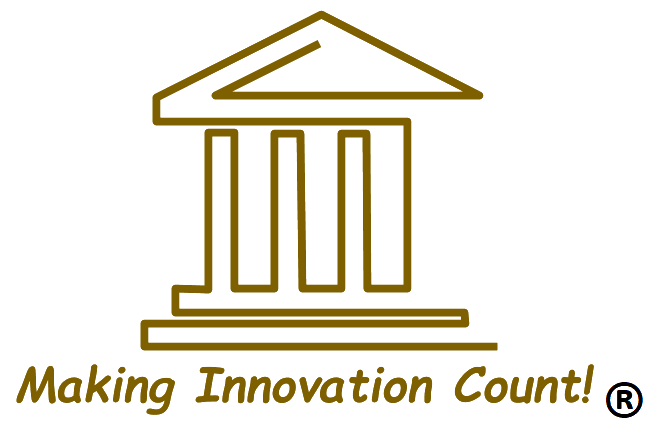 Basically a business may hire two types of individuals. These two types of individuals are employees and independent contractors. If you hire an employee here in California, the law favors the employer being the owner of any intellectual property created by the employee, even intellectual property created by the employee while "off the clock" as long as it is related to the work the employee is performing for their employer. However if an employee signs an intellectual property agreement with their employer then the intellectual property agreement will prevail. If you are an engineer or computer programmer, in most cases, when hired you were asked to sign an agreement whereby you agree to release to your employer all intellectual property that was created during the period of your employment. Refusing the sign the agreement will likely not grant you any intellectual property rights as by law you are required to turn over your intellectual property to your employer. However, if you sign an intellectual property agreement that states you may keep any intellectual property you develop during the period of your employment then the agreement will prevail against the law and you will retain your rights to IP that you create. This situation is, for the most part, reversed when it comes to independent contractors. Unless the independent contractors signs an agreement to turn over any intellectual property that is created in the course of working for the company the independent contractors retains all rights to the created intellectual property. There are exceptions to these general rules and you should talk with an attorney to get an answer for your specific case but what sets an independent contractor apart from an employee? The Internal Revenue Service (IRS) states that "The general rule is that an individual is an independent contractor if the payer has the right to control or direct only the result of the work and not what will be done and how it will be done." Here the word "payer" is the company that is paying the individual doing the work. The IRS also provides the following details:
You may get more information from the IRS about independent contractors by clicking here.
If you have hired someone that fits the IRS rules for an independent contractor then very likely that individual is an independent contractor and they will generally own any intellectual property that they create unless they sign an agreement giving you rights to their intellectual property. So be careful and when in doubt have your new person sign an intellectual property agreement to transfer those rights to you. If you need help contact me and I can draft that agreement for you. If you have hired someone that fits the IRS rules for an independent contractor then very likely that individual is an independent contractor and they will generally own any intellectual property that they create unless they sign an agreement giving you rights to their intellectual property. So be careful and when in doubt have your new person sign an intellectual property agreement to transfer those rights to you. If you need help contact me and I can draft that agreement for you.
2 Comments
 There are many considerations to take into account when licensing your intellectual property. Adding to the complexity of the agreement is that each type of intellectual property, whether it be patents, trademarks, or copyrights, have different concerns and problems that you need to pay attention to. For example with trademarks you will want to pay attention as to how your mark will be treated by the licensee. How will they be displaying your mark? What sort of training will they provide their employees? However here are some general guidelines for you to consider when licensing your intellectual property.
|
Categories
All
|
California, Inland Empire - (909) 566-2801
California, Santa Barbara - (805) 500-6241
Tennessee - (423) 226-8036
Georgia - (404) 436-0899
California, Santa Barbara - (805) 500-6241
Tennessee - (423) 226-8036
Georgia - (404) 436-0899


